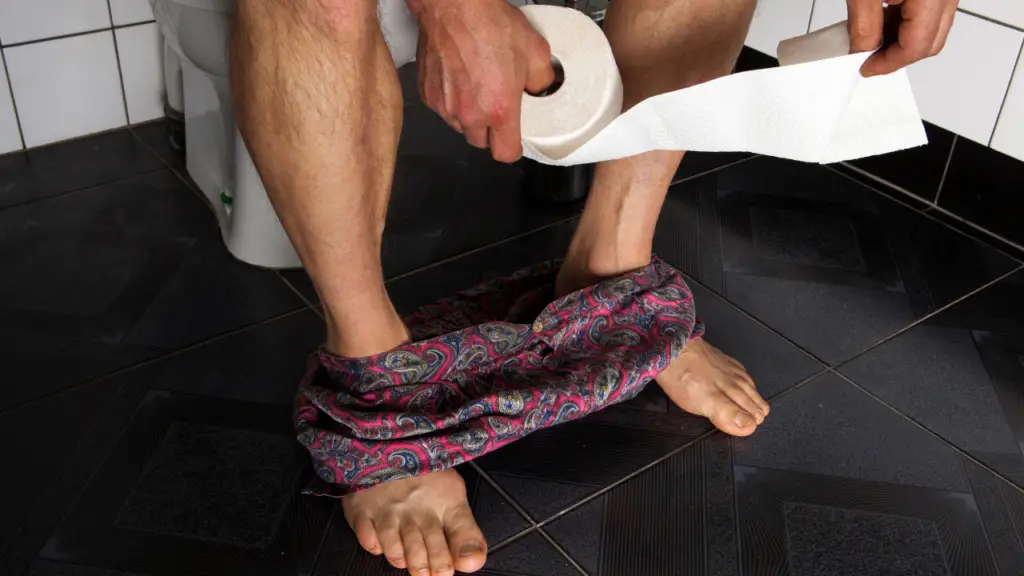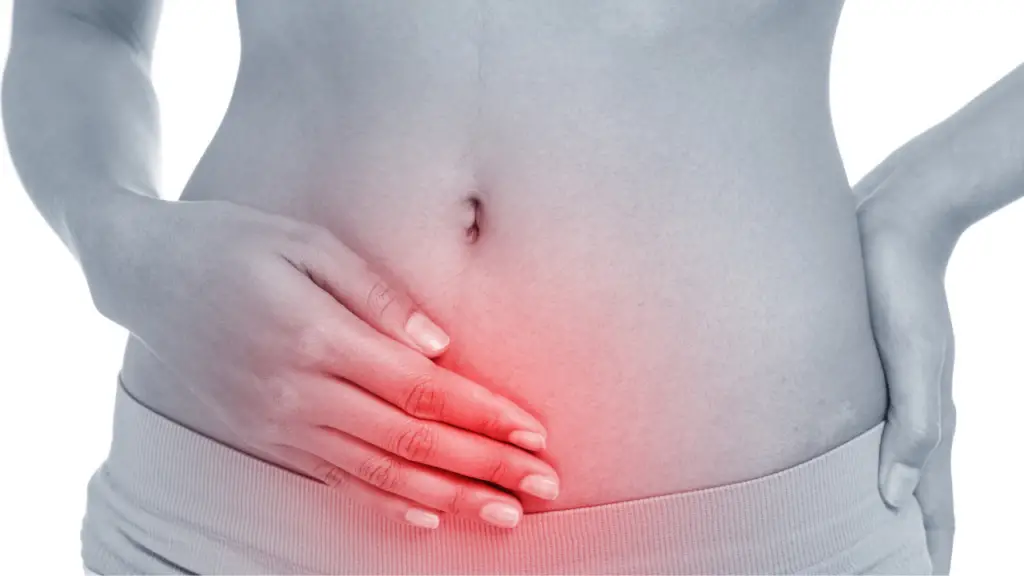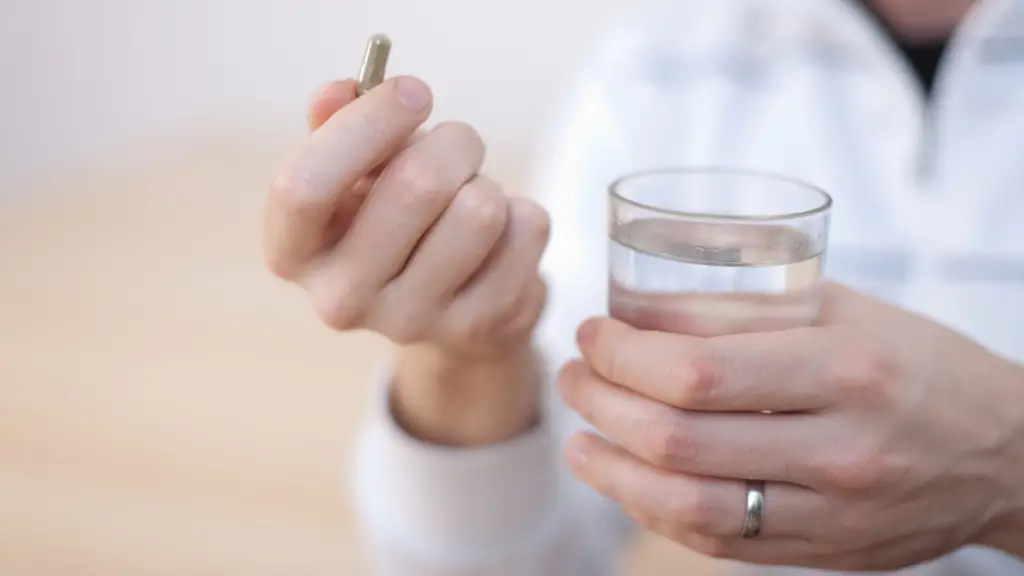Whether you've accidentally consumed gluten on a gluten-free diet or you've recently discovered that you're gluten intolerant, you may want to know how long it'll take before things return to normal?
Getting rid of the gluten in your body completely may take a while. And it's not only the gluten itself but other factors that you need to consider depending on why you want the gluten to exit from your system. Here's everything you need to know about the duration of gluten particles in the body.
How Long Does Gluten Stay in the GI Tract?
If you're sitting on the toilet after eating a meal with gluten, you're probably excreting the food you had two days back rather than the one you had just before this. The time duration where gluten stays in your body depends entirely on the regularity of your digestive system.
For some individuals, the task takes around one day or 24 hours. The average duration for food to travel from the mouth to your toilet is approximately 40-50 hours. In case a person has a comparatively slower digestive functioning, longer than 72 hours is the usual time.

Do Our Bodies Excrete Gluten?
You might have a basic understanding of the time it takes to pass out undigestable portions of any meal, gluten-based or gluten-free. The contrast lies between a healthy and a gluten-intolerant person on consuming gluten.
Gluten is a protein, meaning that our bodies should absorb it since proteins play an integral role in building and regulating our body's functions. Celiac patients cannot absorb gluten at all. Instead, their body starts attacking the gluten particles. Gluten-sensitive individuals can absorb only minute quantities of gluten; the rest exits their system.
As a result, a person's health is determined by the quantity of gluten absorbed in the body and how much of it you excrete. Healthy individuals will need to emit excess gluten from their bodies if the body no longer needs protein. Celiacs and non-celiac sensitive patients exude the gluten from their body alongside the indigestible or extra food.
Factors that Influence the Duration of Gluten in the Body
The duration of gluten particles in your body depends on the frequency of your bowel movements. Bowel movements differ from person to person according to several factors. Here are a few factors that may have a direct impact on how quickly you can get gluten out of your system:
Daily Diet:
Experts recommend a daily diet intake that consists of adequate fiber and fluids to regulate your bowel movement. Incorporate soluble and insoluble fiber in your meals in balanced portions to relieve bowel problems like diarrhea and constipation.
Hormonal Shifts:
A sudden change in hormonal levels can directly impact your bowel movements. For instance, a decrease in estrogen can result in constipation, while an increase in period hormones, e.g., progesterone and prostaglandins, can cause increased bowel movements, in other words, diarrhea.

Physical Activities:
Routine exercise keeps your body structure in ideal condition and regulates your internal functions. Studies show that daily exercise optimizes the intestinal tract and contributes to regular bowel movement, thus, preventing constipation.
Chronic Illnesses and Medications:
Severe conditions, including celiac and non-celiac sensitivity, affect your bowel movement by either decreasing or increasing it by its usual rate. Chronic conditions cause haphazard turbulence within the body, which can impact the digestive tract. Similarly, chronic diseases often come with medications that may change your bowel movement and consistency.
What About Gluten Antibodies in the System?
Don't start looking for signs that you've excreted the gluten from your body because the antibodies in celiac disease remain behind. Celiac disease triggers an entire set of events in the body, which leads to the production of antibodies against gliadin, the primary protein in gluten particles. Ultimately, these antibodies start to damage the intestinal tract, leaving intensive damage in their wake.

Gluten can leave the body within 2-3 days, but the same can't be said for the antibodies formed in celiac disease due to gluten consumption. A celiac's immune system will continue producing antibodies against the enemy, i.e., gluten, as long as gluten is present. Antibodies cease to form once every last gluten particle has left the body, and the immune system no longer has any gliadin to attack.
Even then, it takes time for the body to decrease the production of antibodies in the blood. In other words, it's a gradual process. For some, it takes 3-4 months for antibodies to cease reproduction, while antibody presence in others can be high even after a year. But this doesn't mean your body isn't healing from the gluten intake, it is, but it's slow progress.
Does the Body Start Healing Immediately Once Gluten Exits?
Again, the recovery isn't as straightforward as you'd like. For gluten intolerant people, the body only begins to heal when you eliminate gluten from your diet. You'll have to cut out all forms of primary and hidden gluten foods from your daily intake for this to be possible.
Once the gluten exits your body, the body begins the gluten detox phase. You can't maintain the detoxification if you're consuming gluten every once in a while, meaning a strict gluten-free diet is essential. Additionally, the results of the gluten damage to your body can last for months before your system fully heals.

The digestive symptoms concerning gluten intolerance will gradually start improving. You'll notice higher energy levels and lesser digestive complications from a nutritious gluten-free intake. The antibody production in celiac patients will commence decreasing as well. Overall, the duration of complete recovery depends on the extent of damage to the digestive tract.
For intensive damage, it can take months or years for your intestines to be fully repaired. If the damage isn't that severe, your digestive tract can heal within a few weeks. In conclusion, the healing process isn't instantaneous; it takes time and commitment to the gluten-free diet. But with time, you can get back on track and enjoy this new healthy lifestyle.
Speeding Up the Process of Eliminating Gluten From the Body
The permanent solution for eliminating gluten from the body is to avoid all gluten. However, in accidental consumption or cross-contamination cases, you'll need to get the gluten out of your body as soon as possible if you're gluten intolerant. There are a few tips that can help flush out the gluten relatively quicker.
Stay Hydrated:

Water is the miracle worker that flushes out the toxins within your body immediately. You'll have to urinate more often when you increase your water intake. The toxins get absorbed in the water leaving from the body, meaning it can accelerate gluten elimination from your body. Drink plenty of water, at least eight glasses, if you consume gluten.
Start Exercising:

If your condition allows it and the symptoms aren't unbearable, go for a light workout, nothing too strenuous. Exercise promotes blood circulation within the body. And once every part of the body is getting proper circulation of oxygenated blood, it can increase the body's recovery duration.
Let Your Body Rest:

The body becomes exhausted trying to heal itself internally while dealing with the various symptoms brought by a gluten reaction. Try and relax, and don't let your body stress out too much physically during this period. Therefore, the more you allow your body to rest, the faster it can recover. Sleep is a crucial factor in healing faster.
Take Probiotics:

Your body will need all the help it can get to eliminate gluten from your system. Healthy bacteria in the digestive system maintain the balance and eradicate harmful substances from the body. While the body will recover in its own time, probiotics can strengthen your digestive tract and elevate your energy level. You can go for probiotic supplements or natural foods, such as yogurt, pickles, miso, kimchi, etc.
When Should You Worry?
Generally, healthy individuals with no history of gluten intolerance do not need to have any concerns upon consuming gluten, even if they're on a gluten-free diet. Sometimes even a healthy person is prone to experiencing digestive symptoms for a short duration when they consume gluten even though they don't have non-celiac sensitivity. You don't have to worry in this case either, the gluten will leave your body, and your system will regain its normality soon enough.
Alternatively, if you are diagnosed with celiac or non-celiac sensitivity, the symptoms can get aggravated quickly. On the occasion that you're experiencing manageable symptoms, let your body detox naturally in some time.
However, if the symptoms become unbearable, consult a medical professional immediately. They can evaluate your condition and prescribe medicines that can help in relieving the symptoms. Besides medically diagnosed individuals with gluten intolerance, experiencing digestive problems on consuming gluten for the first time is also an indication that you should see a doctor immediately.
Final Thoughts
Accidental gluten consumption isn't worth fretting over if you don't suffer from gluten intolerance, but this doesn't mean you should give in to your gluten cravings on this diet. For gluten intolerant individuals, knowing the duration and how you can accelerate the recovery can help significantly.
Stay committed to the diet, and you'll experience fewer and fewer physical problems daily. In the case that you consume gluten as a gluten intolerant patient, let your body recover in time and don't overdo it.







1 thought on “How Fast Does Gluten Leave the Body?”
Comments are closed.